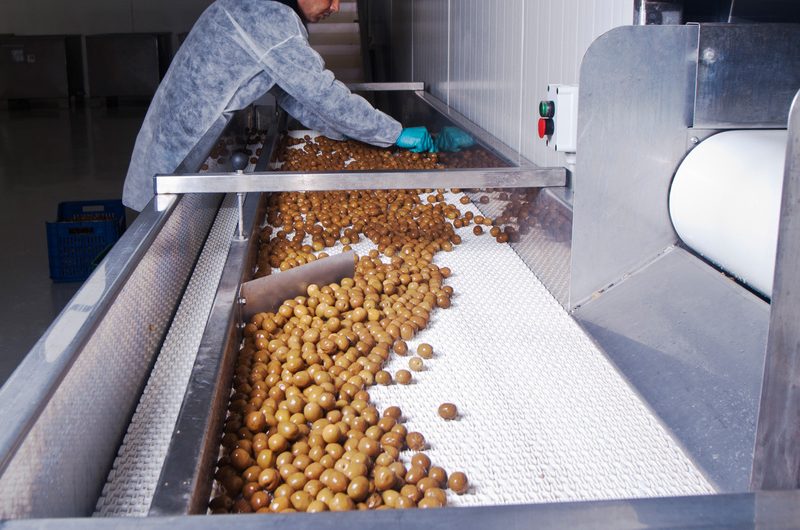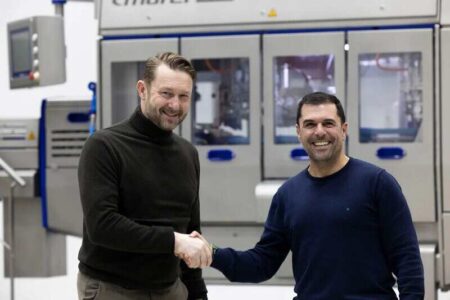F&B can learn traceability lessons from pharma sector

Food and beverage manufacturers are being urged to learn from the UK pharmaceutical sector in order to improve traceability within the supply chain, as the cost of food fraud in the UK rises to £11.2 billion per year.
The call comes from business solutions specialist K3 Syspro, at a time when the UK pharmaceutical industry is spearheading safety measures aimed at combating fraud within medicine manufacturing; the estimated global market for counterfeit medicine is estimated to be worth £1.2 billion annually.
To combat this, the EU unveiled plans to implement new packaging safety features as part of the Falsified Medicines Directive, which was originally adopted in 2011 and is anticipated to go live in 2018. Under the announcement, two new safety features will be implemented to all prescription medicines, a unique two dimensional barcode and an anti-tampering device, which ought to improve security across the supply chain.
The message from K3 Syspro is that food and beverage manufacturers should follow the lead of the pharmaceutical industry by improving processes and tightening supply chain security, with the end goal of enhancing traceability; an objective the industry has been working to improve since the horsemeat scandal of 2013.
Now three years on, the professor at the heart of uncovering the scandal, Chris Elliott, has warned that the UK remains vulnerable to another breach. K3 Syspro believes that the key to avoiding this is for food and beverage manufacturers to take instant action over supply chain visibility and security, and a spring clean of their existing business systems is a good place to start.
Managing director Cathie Hall says, “The figures pertaining to food fraud within the UK are an important reminder that traceability issues within the sector remain a significant problem. The food and beverage sector needs to follow the example set by the pharmaceutical industry and work collaboratively to ensure they can secure similar high level governance for the sector. Until such radical change happens, there are a number of options available to food and beverage manufacturers that can start to improve supply chain traceability.
“Businesses in this sector need to ask themselves important questions, for example, are there any gaps in your current traceability processes and are your current IT systems working efficiently to manage them?
“The food and beverage industry is one which is still traditionally deploying home grown or disparate IT systems, which can cause gaps in traceability. By embracing a single, integrated system, these gaps can be filled, putting food manufacturers back in control over the development of their products and their place in the supply chain.”



